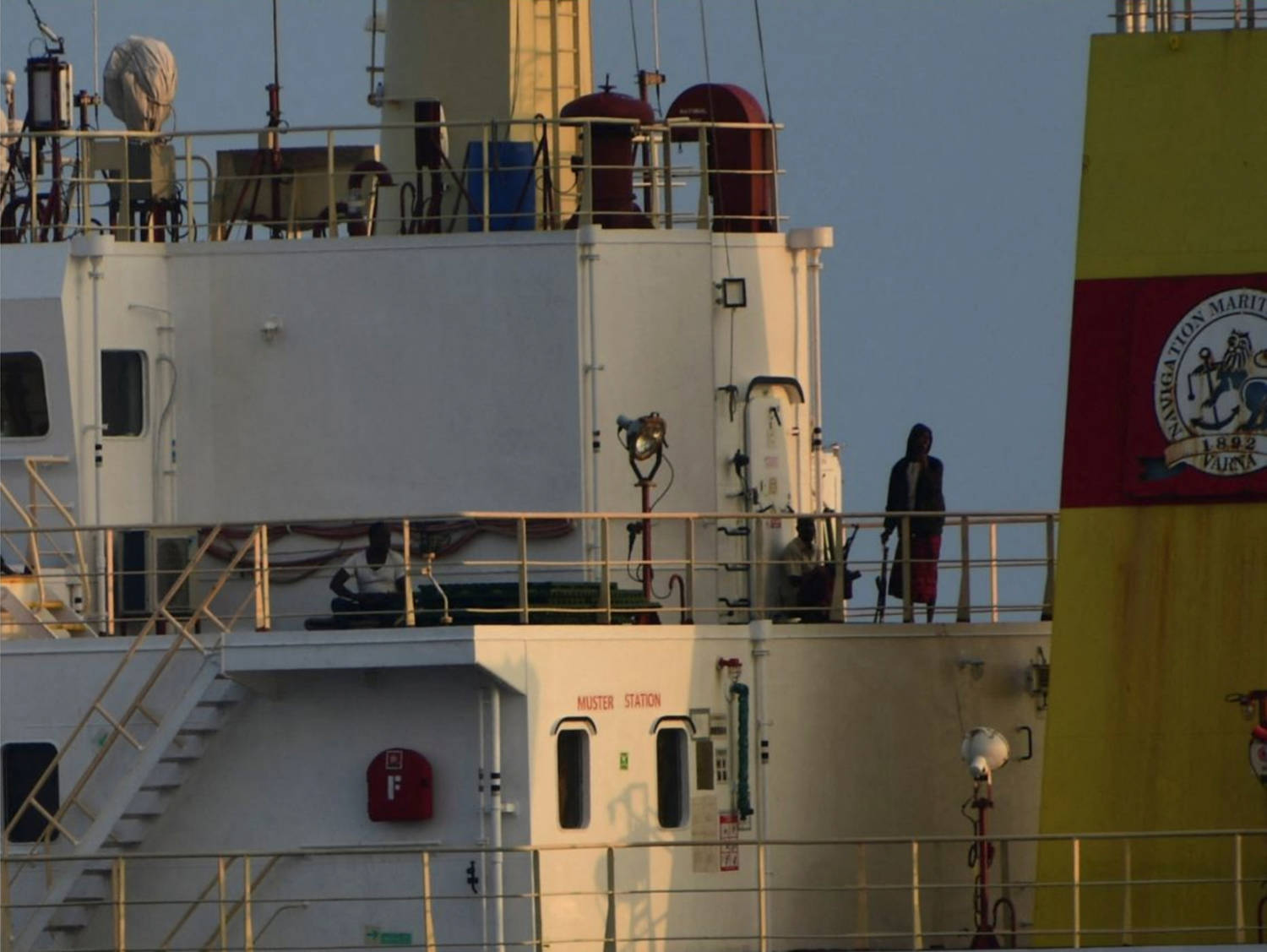Resurgence of Somali Piracy Raises Alarm in Global Shipping Lanes
In a concerning turn of events, the tranquility of the western Indian Ocean was shattered as a Bangladeshi-owned bulk carrier, the Abdullah, fell prey to Somali pirates. Despite sending out a distress signal and contacting an emergency hotline, the crew’s plea for assistance went unanswered. The pirates boarded the vessel, firing warning shots and taking the captain and second officer hostage, as recounted by Chief Officer Atiq Ullah Khan in an audio message.
The Abdullah’s ordeal is not an isolated incident but part of a worrying trend marking the return of piracy in a region once thought to be under control. With over 20 attempted hijackings since November, shipping companies are facing escalating risks and costs. The industry is grappling with heightened expenses for armed security guards, increased insurance premiums, and the looming threat of ransom demands.
Two Somali pirates disclosed that they are exploiting the distraction caused by Houthi militia strikes in the Red Sea to rekindle their piracy operations. A pirate financier known as Ismail Isse revealed that the diminished presence of international naval forces has provided an opening for these criminal activities to resurface.
The situation has garnered attention at the highest levels, with Somali President Hassan Sheikh Mohamud emphasizing the urgency of addressing the issue before it escalates to previous heights. The Indian Navy’s recent intervention to free the Ruen, a Malta-flagged ship, underscores the potential for decisive action to deter piracy. However, Cyrus Mody from the International Chamber of Commerce’s anti-crime arm suggests that such interventions must be balanced with concerns about military action near the Somali coast.
The economic implications are significant. The Gulf of Aden, a vital maritime route linking Europe and Asia, sees approximately 20,000 vessels annually. The resurgence of piracy has extended the zones where additional war risk premiums are applied, with insurance costs for a typical voyage soaring by hundreds of thousands of dollars.
Although no direct ties have been established between the Houthis and Somali pirates, security experts note that international patrols have become less frequent as the perceived threat waned over time. With only one functional boat among Somalia’s coast guard fleet, President Mohamud stresses the importance of enhancing local law enforcement capabilities to combat piracy effectively.
As the monsoon season ends, there is concern that pirate activities could expand further south and east, potentially leading to an increase in hijackings and attacks. The global community watches closely, hoping to prevent a full-scale resurgence of piracy that once cost the economy billions and put countless lives at risk.





